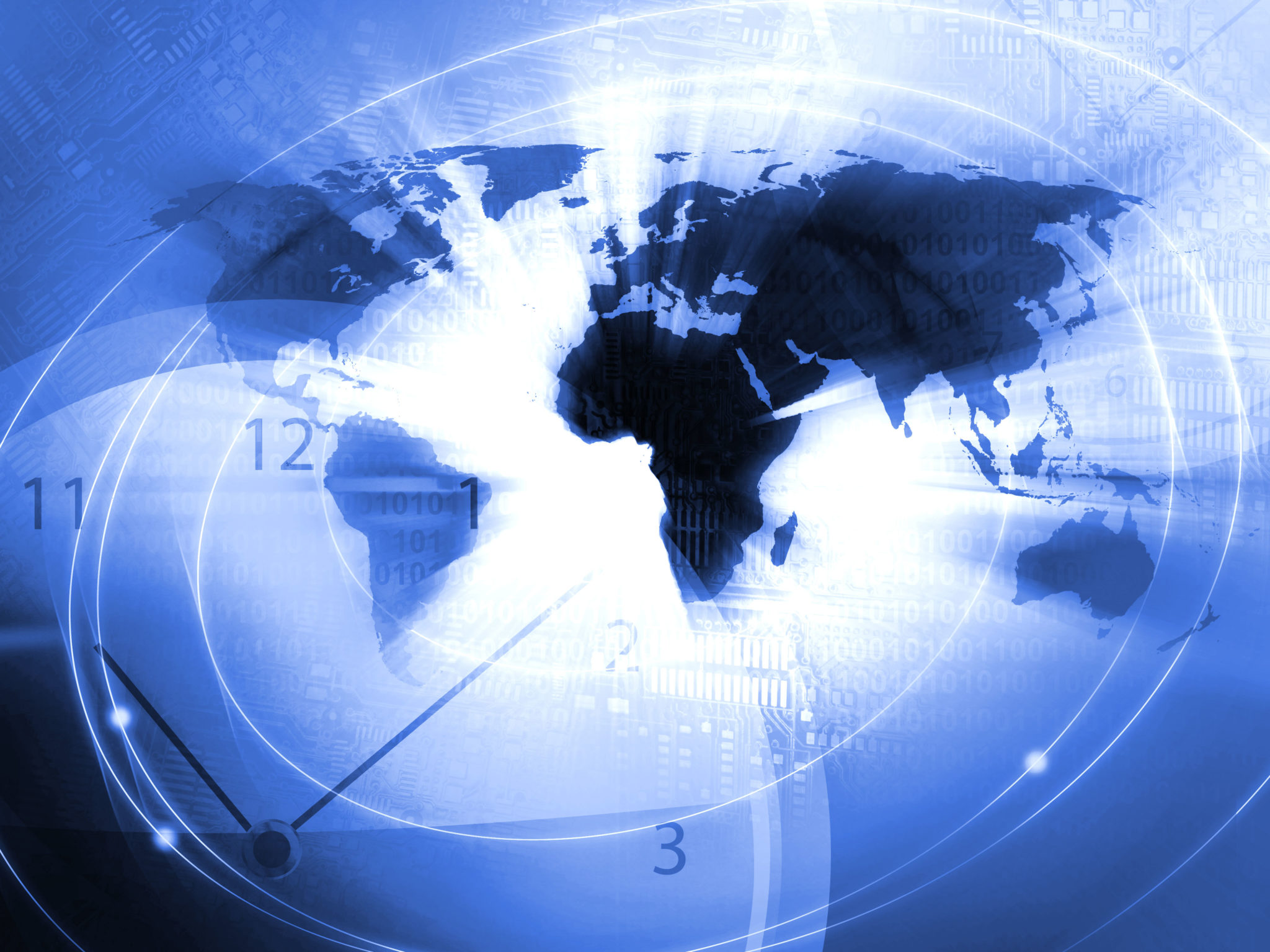“The future of humanity is increasingly African.” That’s according to UNICEF, summing up how rapidly Africa is changing and growing as it becomes one of the single largest contributors to the world’s population. Africa’s economy is on the rise, freedom and prosperity are continuing to rise, and the continent is home to a youthful and dynamic population.
By 2025, the world’s population will grow from 7.4 billion people to 8.2 billion people, and 40% of that growth will come from Africa. Many of the next generation of Africans will be living in megacities like Lagos, Abuja, Port Harcourt, Accra, Nairobi, Cairo and Johannesburg, each of which will become a smart, digitized city in the decades to come.
Catering for this young, growing, and increasingly urban population will demand innovation in agriculture, health, energy, education, transportation, sanitation, housing and more. The rise of a new generation of change-makers, coupled with the technologies of the digital age, is helping to create new solutions for the continent’s challenges, while catalysing exciting opportunities for its people.
A wave of innovation
Digital technology is already triggering innovation and ingenuity across the continent – from the world’s biggest radio telescope, the Square Kilometre Array (SKA) in South Africa to blood deliveries by drone in Rwanda and from M-Kopa’s efforts to connect homes in East Africa to solar power sources to use of drones for early pest and disease detection in agriculture.
In some cases, Africa has leapfrogged legacy tech and shown the way forward. More than half the population of Sub-Saharan Africa will be subscribed to a mobile service by 2025, according to the latest edition of the GSMA’s Mobile Economy report series. In 2025, there will be 634 million unique mobile subscribers across Sub-Saharan Africa.
Eager adoption of social media, mobile phones and mobile money are game-changers for a continent where much of the infrastructure people take for granted in rich countries is underdeveloped. This mobile infrastructure is the foundation upon which so much innovation in Africa is built and will be built over the next five years.
The impact this technology has already had on day to day life is remarkable. With a $50 smartphone in hand, people can remit money to relatives living in rural areas, children can access educational information, and entrepreneurs can build services and apps covering needs from easy access to transport to online marketplaces for agricultural products.
A lot has been said about e-commerce in Africa. Just last year, Jumia experienced 40% year-on-year growth as 4 million shoppers turned to digital platforms to shop. And businesses like Cape Town-based online learning specialist, Get Smarter, are developing solutions for the rest of the world.
Then there is, Cellulant, a company formed to provide payment solutions all over Africa that has become a key driver in social commerce. Recently, Cellulant partnered with Facebook to roll out the first Augmented Reality experience on Messenger for Kenya’s Huddah Cosmetics.
Unlocking opportunities
This is just the beginning. Through the efforts and investments of private and public players today, including Facebook, more people will come online by 2025, the quality of that access will be better than it is today and access will be pervasive and affordable to the growing, young population in the megacities.
Behind the scenes, it is up to Africa’s next-generation of changemakers to make it happen. The changemakers are the builders, the inventors, the entrepreneurs, the visionaries in government, the developers, the financiers – everyone committed to making change happen by bringing together the necessary people, knowledge, resources and ingenuity.
There are, of course, many challenges that remain in the region, from low levels of intra-Africa trade and high connectivity costs to lack of capital and underdeveloped infrastructure. Africa’s changemakers are undaunted because they do more than dream of a brighter future for Africa – they take steps to create it.
Solving the challenges as an ecosystem
At Facebook, we want to play a role in – and be part of – this transformation. As an ecosystem, we can solve the existing structural issues through innovation and investment. Working together – start-ups, government, investors, big African and multinational businesses – we can enable a more open and connected Africa.
Digital technology and human ingenuity combined will helps us forge a more equal and prosperous Africa. Africa is celebrated as the cradle of humankind – but it is also the future. We don’t need to imagine Africa in 2025 because it is within our means to build the continent and the future of our dreams.
Source: www.bizcommunity.com










